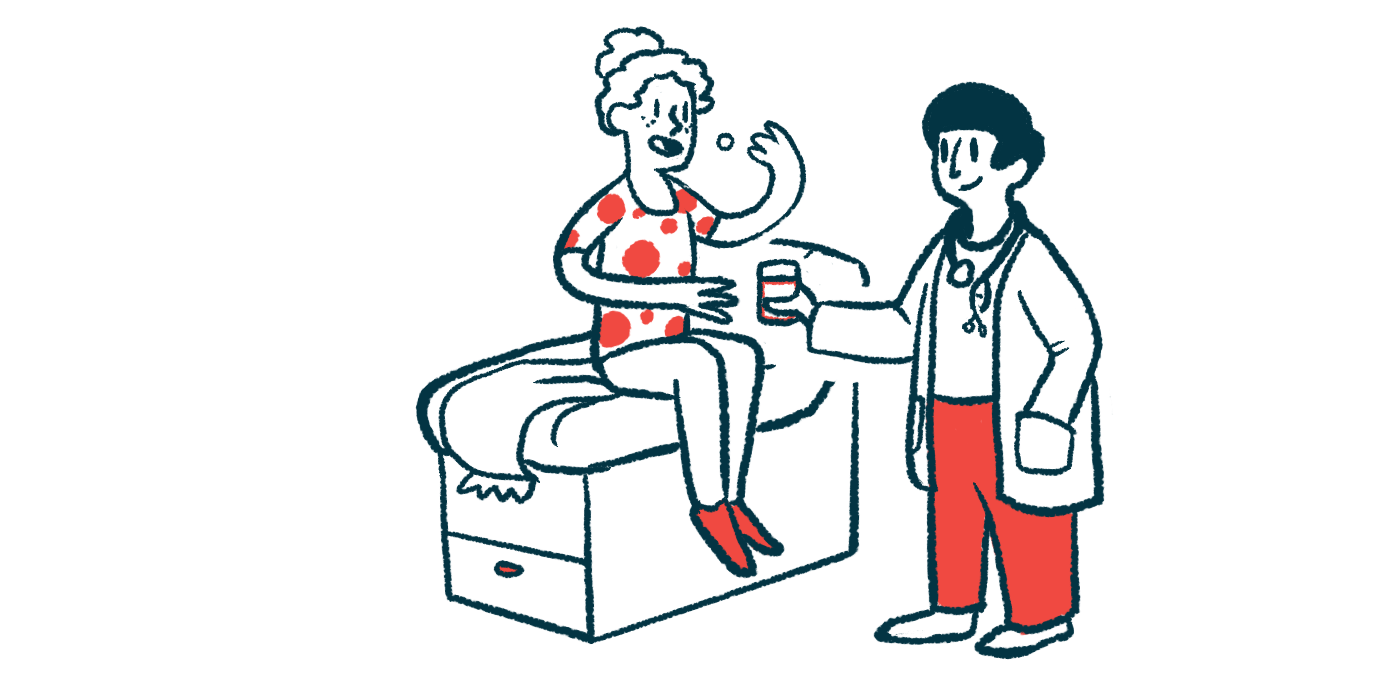Patients often start antipsychotics soon after being hospitalized
Data on 5,088 Parkinson's patients who started treatment from 1996-2015 analyzed

Many people with Parkinson’s disease who take antipsychotic medications begin them shortly after being hospitalized, a new study shows.
The finding implies that poorly managed psychiatric problems likely contribute to hospitalizations. The data emphasize the importance of appropriately supporting and monitoring people with Parkinson’s so psychiatric issues can be identified and dealt with early before they cause serious problems that require a hospital stay, the researchers said in “Hospitalization and the Risk of Initiation of Antipsychotics in Persons With Parkinson’s Disease,” which was published in JAMDA.
Mental health and cognitive problems are common in Parkinson’s disease, and many patients have psychosis, which is marked by hallucinations (seeing or hearing something that’s not there) and/or delusions (fixed beliefs with no basis in reality). To manage these, many are treated with antipsychotics. Their use in Parkinson’s is complicated, however. These therapies can effectively ease psychiatric issues, but many can make motor symptoms worse.
Researchers analyzed data from national databases in Finland to identify factors associated with antipsychotics among Parkinson’s patients.
“Knowledge on the factors associated with initiation of antipsychotics is important as it aids in identifying the triggers for initiation and possibilities for reducing antipsychotic use in persons with” Parkinson’s, the researchers wrote.
The analysis included data on 5,088 patients who started treatment with an antipsychotic between 1996 and 2015. A matched group of 5,088 people with Parkinson’s who weren’t on antipsychotic therapy were included as controls. In both groups, the average age was around 75, slightly more than half were male, and the average time from a diagnosis was about five years.
Antipsychotic use in Parkinson’s disease
Among those who started on an antipsychotic, most (72%) were specifically given a medication called quetiapine. The researchers noted that treatment guidelines during the study period suggest using either quetiapine or clozapine, though only about 1% took clozapine. Its lower use is likely because it requires regular blood tests to monitor for rare but potentially serious side effects, the researchers said.
More than half (61.2%) the patients who started on an antipsychotic had recently been hospitalized compared with less than 15% in the control group, results showed. In this study, “recent hospitalization” was defined as less than two weeks before the the index date, or when patients started on antipsychotics or were matched for assessment.
The likelihood of antipsychotic use was increased by nearly ten times among those who’d recently been hospitalized, statistical analyses suggested.
Data from hospitalizations showed that, in addition to documented diagnoses of Parkinson’s disease, many of the patients who’d been given antipsychotics also had documented issues of dementia or mental health disorders. Those given antipsychotics generally had more diagnosed psychiatric problems and were more likely to be on other medications for psychiatric issues, such as antidepressants or benzodiazepines, a type of sedative.
It’s impossible to draw definitive conclusions about cause and effect from the data because detailed clinical notes weren’t available, the researchers emphasized, noting a likely explanation is that “antipsychotics might have been used to treat neuropsychiatric symptoms and hospitalizations may have been an indicator of aggravation of these symptoms.” They said identifying “neuropsychiatric symptoms, preferably in an earlier state of neuropsychiatric symptom process in different settings … is essential.”







